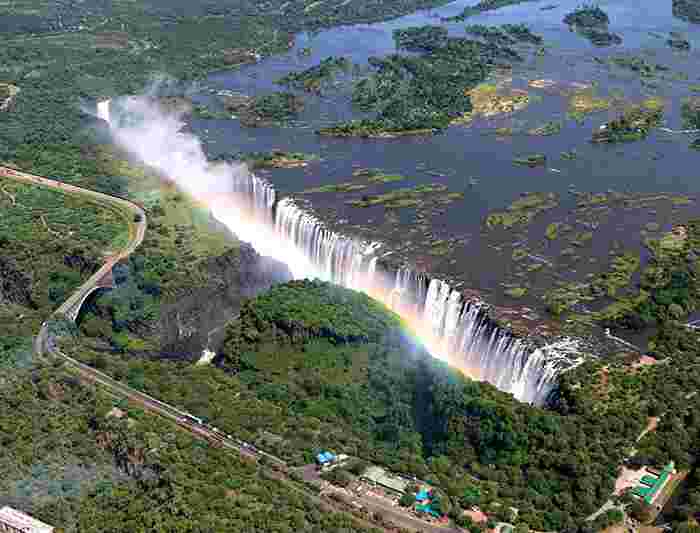Despite Matabeleland boasting tourist centres of attraction such as the mighty Victoria Falls, Hwange National Park, Matopos and many others, domestic tourism remains subdued in the region.
In functional economies, travel and leisure provide citizens with an opportunity to refresh with their loved ones while away from home.
According to the Zimbabwe Parks and Wild Life Management Authority (Zimparks), Victoria Falls Rainforest, the country’s number one tourist centre of attraction situated in Matabeleland North, was last year visited by a total of 357 552 people, the majority of whom were foreigners.
“Although the figures are on an upward trajectory, our concern is that few locals are visiting hence the need to encourage them to visit such heritage sites,” said Zimparks public relations manager, Tinashe Farawo.
“At present not many locals are visiting the Rainforest as well as other sites.”
The United Kingdom, United States of America, and South Africa are some of Zimbabwe’s major source markets.
According to the Zimbabwe Tourism Authority (ZTA) 2,6 million international tourist arrivals were recorded in 2018 compared to 2,4 million the previous year.
Contributing significantly to the Gross Domestic Product (GDP), the tourism sector is one of Zimbabwe’s low hanging fruits that can be utilised to turn around the failing economy.
Although Zimparks claims it is offering relatively lower rates to locals as part of efforts to promote domestic tourism, the majority of Zimbabweans still do not visit the parks.
Bulawayo resident, Darleen Ngwenya, said there were many aspects into the issue of locals not holidaying.
“There is the financial aspect because they (tourist centres of attraction) are rather costly to the ordinary Zimbabwean,” she said.
“Secondly the culture of holidays is not common.”
Khanyile Mlotshwa, a social commentator, said the government and authorities running tourist attractions should come up with measures that ensure locals access them at lower costs than foreign tourists.
“This is for two reasons,” explained Mlotshwa.
“In an ideal world, these places belong to us and we should have access to them, and our government should ensure that we have access to them. That would be a motivation among locals.”
He added: “The second reason is that in terms of buying power, we cannot compete with tourists from Germany, the USA or the UK. Whatever costing measures are made around these places must take that into cognisance.”
National Consumer Rights Association (NACORA) spokesperson, Effie Ncube, said there were two major issues that stood on the way of domestic tourism.
“The first is poverty and high unemployment,” he said.
“Poor people who go to bed without a meal and who struggle to meet the costs of basic food, rentals and school fees cannot be expected to visit tourist parks. Put simply, people are too poor to be tourists.”
Ncube further explained: “Secondly, tourist attraction areas are poorly marketed to the local market. Tourist promotion agencies have tended to focus on the international market while ignoring the domestic side.”
He said the solution lied in the eradication poverty, creation of well-paying jobs and increasing awareness on the domestic market.

